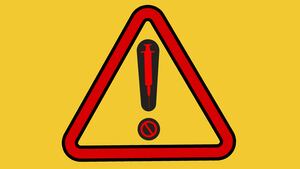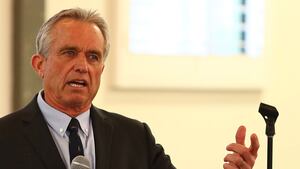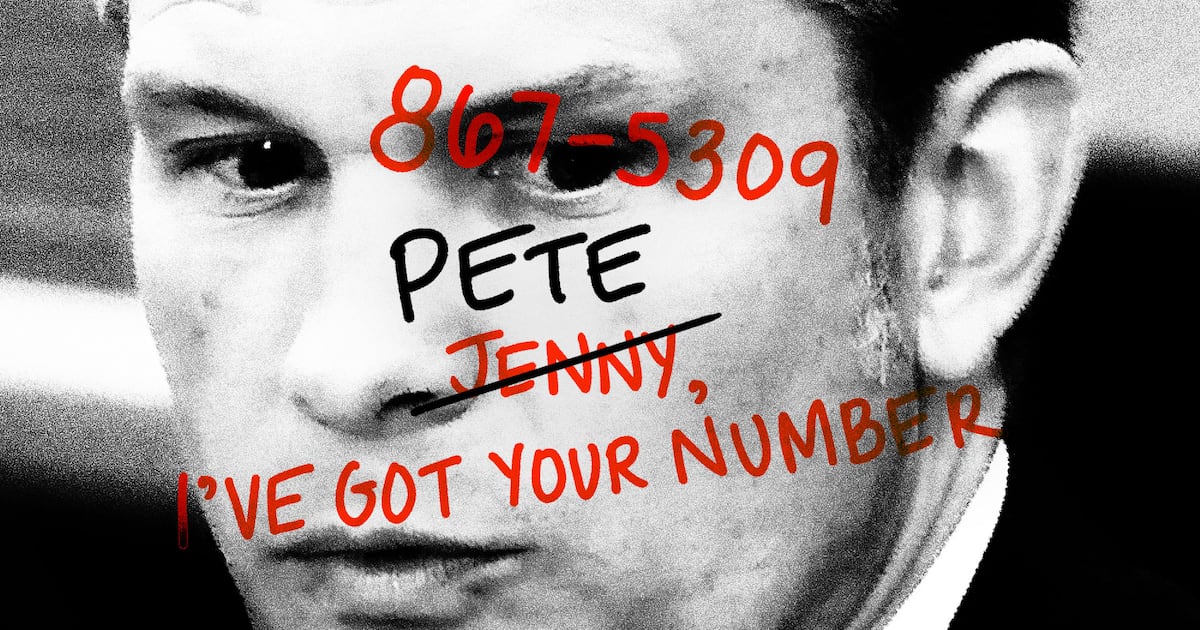The island nation of Samoa has been grappling with two crises: a massive, deadly outbreak of measles—and the spread of disinformation by anti-vaxxers in the United States and other Western countries. Now the U.S. Centers for Disease Control is dispatching experts to the Pacific islands to fight both threats.
Samoa only has a population of about 200,000. But in an outbreak of historic proportions, 4,900 people have been infected with the highly contagious measles virus and 71 have died—mostly children under the age of 5. The government shut down for two days last week to wage a campaign of compulsory vaccination assisted by emergency personnel from all over the world, including a group of nearly six dozen doctors and nurses from Hawaii, according to the Washington Post.
The vaccine mandate has riled anti-vaccination activists who have long used social media to spread fear and misinformation about immunizations. Some American anti-vaxxers swarmed the Samoan government’s official Facebook page last week to leave one-star reviews, a practice known as brigading. One woman in Virginia wrote, “Stop poisoning and killing your citizens.” Other posts used similar language.
The anti-vaxxers’ Samoa-focused work began last year when two children died after nurses injected them with a vaccine mixed with a muscle relaxant. The nurses were convicted of manslaughter and the country’s vaccination rate for measles, mumps, and rubella (MMR) plummeted from roughly 60 percent to 31 percent as the country halted its vaccination program to investigate.
“They’re pushing every trope we have down there,” Renee DiResta, a misinformation researcher with the Stanford Internet Observatory and the Mozilla Foundation, told The Daily Beast. DiResta identified the brigading accounts as real people, rather than bots, who are sowing fear in Samoa with American conspiracy theories.
“Can you imagine being arrogant enough to review someone else’s government in the middle of an outbreak from your privileged position?” she asked.
Word has since spread of the anti-vaxx brigading, and pro-vaccine do-gooders have boosted the government’s ratings with posts like “great effort on vaccination” to cancel out the downvoting, boosting the score to 4.6 out of five.
U.S. anti-vaxxers are also sending cases of vitamin A to Samoa, which they claim can be used in place of the MMR vaccine. Edwin Tamasese, a Samoan coconut farmer, naturopath, and anti-vaccine activist, posted a picture of bottles of vitamin A pills he said arrived from both Hawaii and mainland. One Utah teacher who hadn’t vaccinated her children told Radio New Zealand she sent vitamin A because malnutrition in Samoa rendered measles more deadly than in the United States, where an infected child would “probably be fine.” Vitamin A deficiency is a risk factor for severe measles, but the vitamin can’t be taken in place of the MMR vaccine, according to Dr. Robert Linkins, CDC measles and global immunization expert.
Now the CDC is dispatching a behavioral scientist to a regional office in Fiji to assist UNICEF with vaccine-related communications in Samoa and other Pacific islands suffering from smaller measles outbreaks. The health agency has already sent two epidemiologists to Samoa to assist with vaccinations, and two others will visit Tonga this week to conduct an outbreak investigation. CDC spokeswoman Amy Rowland said the goal is “making sure we’re reaching all the people across the islands who may be at risk.” The behavioral scientist’s work will involve providing verified scientific information in the face of anti-science rumors.
“The first priority is ensuring we have healthy vaccine demand,” Rowland said. “Our job is to communicate the science and make sure parents have the most accurate information to make decisions for their children.”
Access to vaccines is the main barrier to reaching the herd immunity threshold in most of the world, not vaccine hesitancy, though the latter is a growing problem, according to Rowland. She called current demand for the vaccine in Samoa “healthy.”
The Samoan government has acknowledged the efforts of anti-vaxxers. The country’s minister of communication, information, & technology Afamasaga Rico Tupai said in a recent interview, “Unfortunately, these anti-vaxx people all live overseas, but they’re using social media to influence our population and our community. What can the government do? We’re not wasting time with those people.”
But the government is wasting time with at least one of “those people.” The United States’ best-known anti-vaxxer, Robert F. Kennedy Jr., attended Samoa’s independence celebration in June as a guest of honor. Kennedy also wrote a letter to the Samoan prime minister asking whether the MMR vaccine could have caused the outbreak. Kennedy’s nonprofit, Children’s Health Defense, did not respond to a request for comment on his visit.
Samoa has its share of homegrown obstacles as well. Last week police arrested Tamasese, the coconut farmer, and charged him with incitement against the government vaccine order. Other alternative therapists are hawking their own quack cures like “healing water” as a measles cure. An Australian-Samoan anti-vaxx activist and Instagram influencer Taylor Winterstein, wife of an Australian rules footballer, met with Kennedy and documented their meeting on Instagram for her tens of thousands of followers.
Like other aspects of the crisis, foreigners have co-opted it via the internet: Two GoFundMe campaigns started by Australians raised more $10,000 for Tamasese before the links to them stopped functioning. GoFundMe did not respond to request for comment on whether the company had removed the pages.
There does seem to be hope, though. According to an official update issued Wednesday evening, the ongoing vaccination campaign has been successful: 93 percent of the population has been vaccinated. The WHO recommends 93 to 95 percent inoculation to achieve herd immunity.






